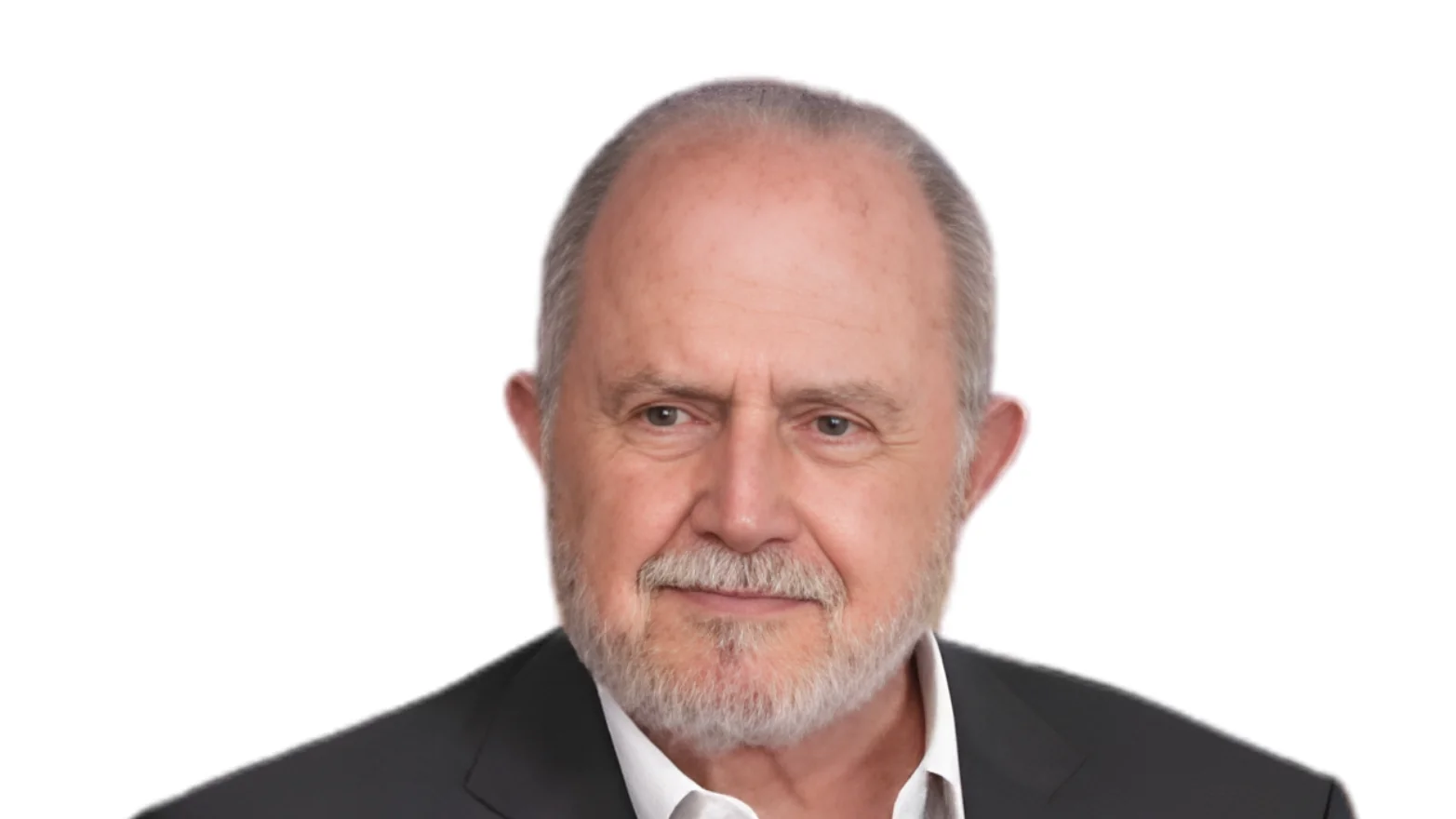Edgar Castro Bathen, director of the Institute for Research in Earth Sciences and Astronomy at Universidad Galileo, has been accepted as an associate member of the International Astronomical Union (IAU). This organization, with over a century of history, brings together scientists, astronomers, and science communicators to discuss the future of astronomy and space science.
Castro Bathen was previously involved with the IAU since 2024 as National Outreach Coordinator. He shared this position with Jessika Aceituno, who graduated in Basic Astronomy and Astrophysics from Universidad Galileo. His new status as an associate member marks another step in his career based on his contributions to scientific outreach and his influence within the international astronomical community.
Throughout his career, Castro Bathen has published more than 600 articles in international journals and media outlets, including specialized astronomy magazines. He recently expanded his reach by publishing in Pakistani media. In addition to academic work, he has participated in national events such as FILGUA (the International Book Fair), where he gave talks on the history of astronomy. He also supports young talents like David López—a 10-year-old recognized among the world’s top child prodigies—and accompanied him during a presentation about the Sun for children in Purulhá.
Born in Guatemala on March 3, 1956, Castro Bathen studied Systems Engineering before becoming a leading advocate for astronomy education. He founded the Diploma program in Astronomy and Basic Astrophysics at Universidad Galileo and is author of several books including "Curiosities of Our Universe." As director at Universidad Galileo's research institute, he shares knowledge through live broadcasts, videos, and classes aimed at bringing astronomy closer to more people.
Many generations of Guatemalan astronomers have trained under Castro Bathen’s guidance. Among them are David López and Israel Monterroso—young students already recognized for their achievements. The university continues to offer programs such as Advanced Astronomy Diploma along with courses covering astrobiology, space economy, and astro-tourism.
Guatemala is experiencing growth in its space sector; hosting events like the Central American Space Congress (CEC) signals increasing regional scientific engagement. The country now operates its own satellite system while working on new projects that inspire youth to pursue careers as scientists or specialists in space geology.
Castro Bathen notes that focusing on scientific education and developing space technology is vital for Guatemala’s progress: “The new generations have the ability to transform our country’s reality; what we are doing now is fundamental for reaching these new horizons.”
His admission into the IAU highlights both individual achievement and ongoing efforts by Guatemalan institutions like Universidad Galileo to advance science education nationally.

 Alerts Sign-up
Alerts Sign-up